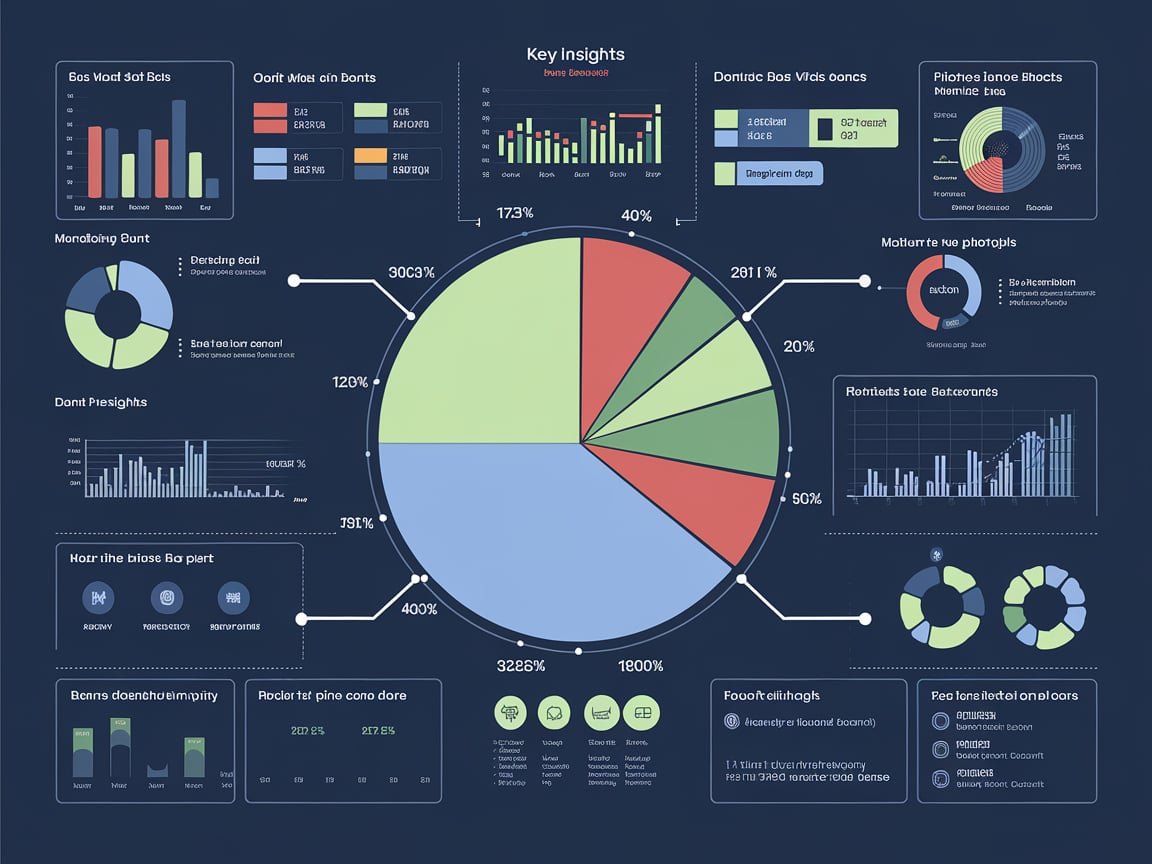Digital Transformation: How IT is Reshaping Industries Across the Globe
Digital transformation is more than a buzzword; it is a fundamental shift that is reshaping industries worldwide. As technology continues to advance, businesses are leveraging digital tools and strategies to enhance operations, improve customer experiences, and drive innovation. This transformative process is not only changing how companies operate internally but also redefining the dynamics of entire industries.
Understanding Digital Transformation
Digital transformation refers to the integration of digital technologies into all aspects of a business. This process involves rethinking traditional business models, adopting new technologies, and fostering a culture of innovation. The goal is to enhance efficiency, improve customer engagement, and create new value propositions.
Key technologies driving this transformation include cloud computing, artificial intelligence (AI), big data analytics, the Internet of Things (IoT), and automation. By embracing these tools, organizations can optimize their operations and adapt to changing market conditions.
Impact on Key Industries
- Retail: The retail industry has undergone a significant transformation due to digital technologies. E-commerce platforms have revolutionized how consumers shop, allowing for personalized experiences and convenience. Retailers use data analytics to track customer preferences and tailor marketing efforts. Additionally, technologies like augmented reality (AR) enable virtual try-ons, enhancing the shopping experience.
- Healthcare: In healthcare, digital transformation has led to improved patient care and operational efficiency. Electronic health records (EHRs) allow for better data management, while telemedicine has made healthcare more accessible. AI-driven diagnostics and predictive analytics help healthcare providers make informed decisions, leading to better patient outcomes and resource management.
- Manufacturing: The manufacturing sector is increasingly adopting Industry 4.0 principles, integrating IoT and automation into production processes. Smart factories leverage connected devices to monitor equipment, optimize production lines, and reduce downtime. Predictive maintenance powered by data analytics helps manufacturers prevent equipment failures, ultimately enhancing productivity and reducing costs.
- Finance: The financial services industry is experiencing a digital revolution with the rise of fintech companies. These organizations leverage technology to offer services like mobile banking, peer-to-peer lending, and robo-advisory. Traditional banks are also adopting digital solutions to streamline operations and improve customer engagement. Data analytics helps in risk assessment and fraud detection, enhancing overall security.
- Education: Digital transformation in education has made learning more accessible and flexible. E-learning platforms and online courses allow students to learn at their own pace, regardless of location. Educational institutions are utilizing data analytics to track student performance and personalize learning experiences, improving outcomes and engagement.
Challenges of Digital Transformation
While the benefits of digital transformation are substantial, organizations face several challenges. Resistance to change, lack of digital skills, and inadequate infrastructure can hinder progress. Additionally, concerns about data privacy and security are paramount, necessitating robust measures to protect sensitive information.
The Future of Digital Transformation
As technology continues to evolve, the future of digital transformation holds immense potential. Emerging technologies such as blockchain and advanced AI will further enhance operational capabilities and customer experiences. Organizations that embrace digital transformation will not only improve efficiency but also foster innovation, positioning themselves for sustained growth in a competitive landscape.
Conclusion
Digital transformation is reshaping industries across the globe, driven by the strategic integration of IT and digital technologies. By embracing this transformation, businesses can optimize operations, enhance customer experiences, and create new value propositions. As industries continue to evolve, those who prioritize digital transformation will be best positioned to thrive in an increasingly digital world. The journey may be challenging, but the rewards of innovation and growth are well worth the effort.


